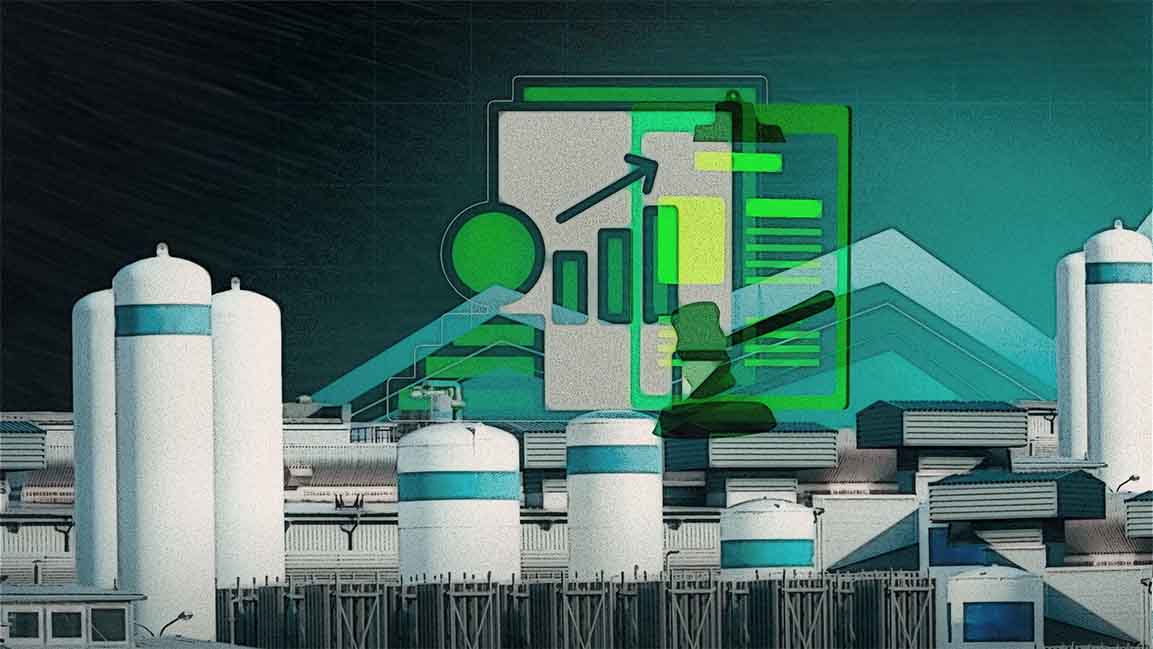- | 12:00 pm
Egypt advances green hydrogen with derivatives incentives law
The law works to position Egypt as an international hub for green hydrogen and derivatives projects, specifically for renewable energy.

Approved by the House of Representatives, Egypt’s government has enacted a law to incentivize green hydrogen projects. The law aims to provide specific incentives, exemptions and guarantees to retain existing investors.
The law comprises seven articles, with the first defining key terms and phrases used in the legislation and the second specifying the scope of the law concerning green hydrogen projects and their derivatives.
Meanwhile, the third article outlines the conditions for establishing the project company, the applicable laws, and the maximum duration for project agreements. It also mandates that project expansions must occur within seven years of the operation’s commencement.
The fourth article enumerates tax incentives for green hydrogen projects and their expansions, including an investment cash incentive named the “Green Hydrogen Incentive.” This incentive ranges from 33% to 55% of the tax value paid when declaring income from the project’s direct activities or expansions. Participating companies are also eligible for an exemption from value-added tax on equipment, tools, machines, devices, raw materials, and supplies, excluding passenger cars.
The fifth article delineates non-tax incentives for green hydrogen projects and their expansions under the new law. This includes granting the project company approval to import necessary items for construction, expansion, or operations. Additionally, it allows the means of transportation for its activity independently or through third parties without registering in the importers’ registry.
Practitioners of this law can export products directly or indirectly without requiring a license or registration in the exporters’ registry. Furthermore, the non-tax incentives permit the project company to employ foreign workers within the initial ten years of signing the project agreements, comprising up to 30% of the total workforce.
Under the new law, fees for maritime ports, maritime transport, and ship services in Egypt are reduced by 30%. Similarly, the right to use industrial land for establishing green hydrogen and derivatives production factories is decreased by 25%, and the right to use lands for storage facilities at ports is lowered by 20%.
The sixth article outlines the requirements for obtaining incentives for green hydrogen and derivatives projects under this law. These include commencing commercial operation within five years of signing the project agreements and ensuring that the project or its expansions are funded by foreign currency from abroad, constituting at least 70% of its investment cost. The law also mandates utilizing at least 20% locally sourced components when available.
Lastly, the seventh article specifies that the relevant minister, or a delegate authorized by the Prime Minister, will issue the certificate for those participating in the incentives provided by the law.
Now accepting applications for Fast Company Middle East’s Best Workplaces For Women 2023. Click here to register.































